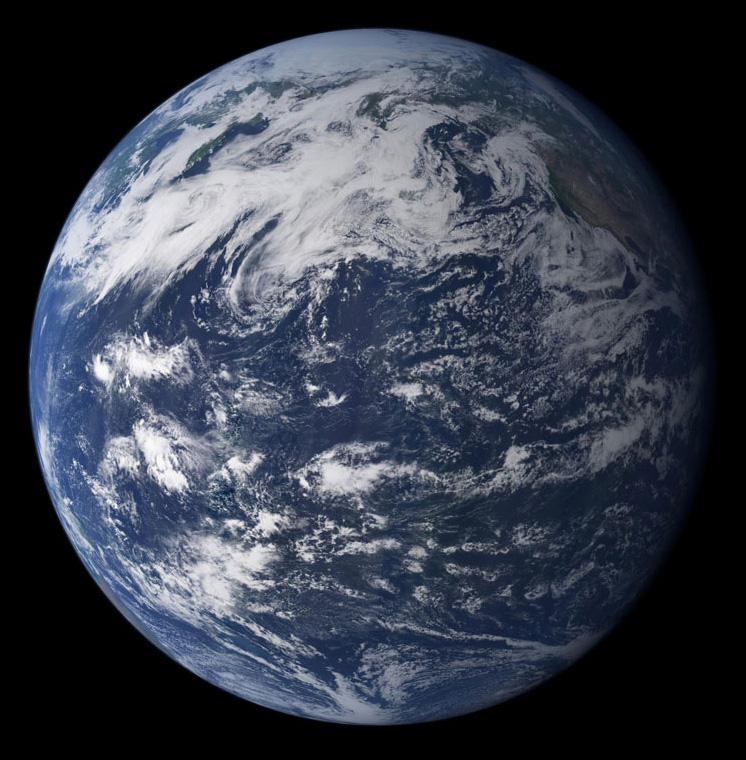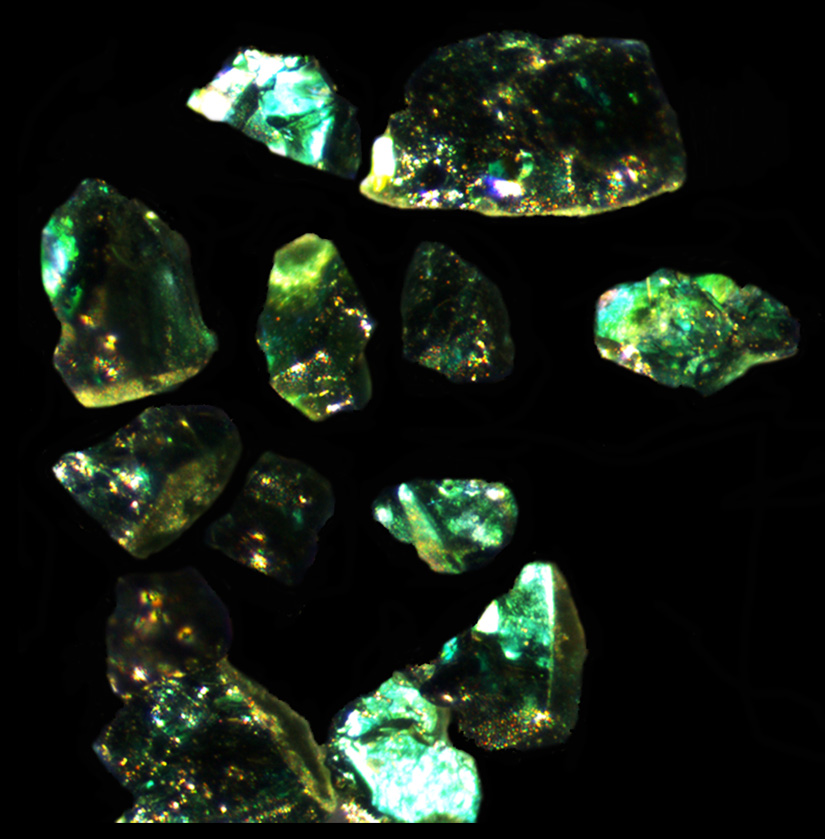EARTH-101: Earth Science for the 21st Century
Earth science encompasses the geology, chemistry, biology, and physics of our planet, while appreciating its beauty. Environmental degradation, natural resources, energy, climate change, and geologic hazards are among the most pressing issues facing society in the 21st century. This course introduces students to Earth science through topical lectures and discussion of current events and research in Earth science.
EARTH-300: Earth and Planetary Materials
The Earth and planets are composed of minerals, rocks, melts, and fluids. The study of Earth materials is fundamental to Earth and environmental sciences and deals with formation, stability, environments, and properties of materials that control large-scale processes from earthquakes to weathering. The physical properties of Earth materials are ultimately controlled by bonding and crystal structure. This course begins with an atomistic approach to understanding mineral properties, but also extends physical properties and mineral stability to larger geological and planetary scales. The properties of minerals also dictate how we use them for societal applications, ranging from raw materials to chemical filters and energy sources to storage materials. Students gain skills in identifying the major rock-forming minerals in hand-specimen and in the optical microscope. Students also learn analytical techniques including X-ray diffraction and laser spectroscopy for quantitative analysis of minerals.


